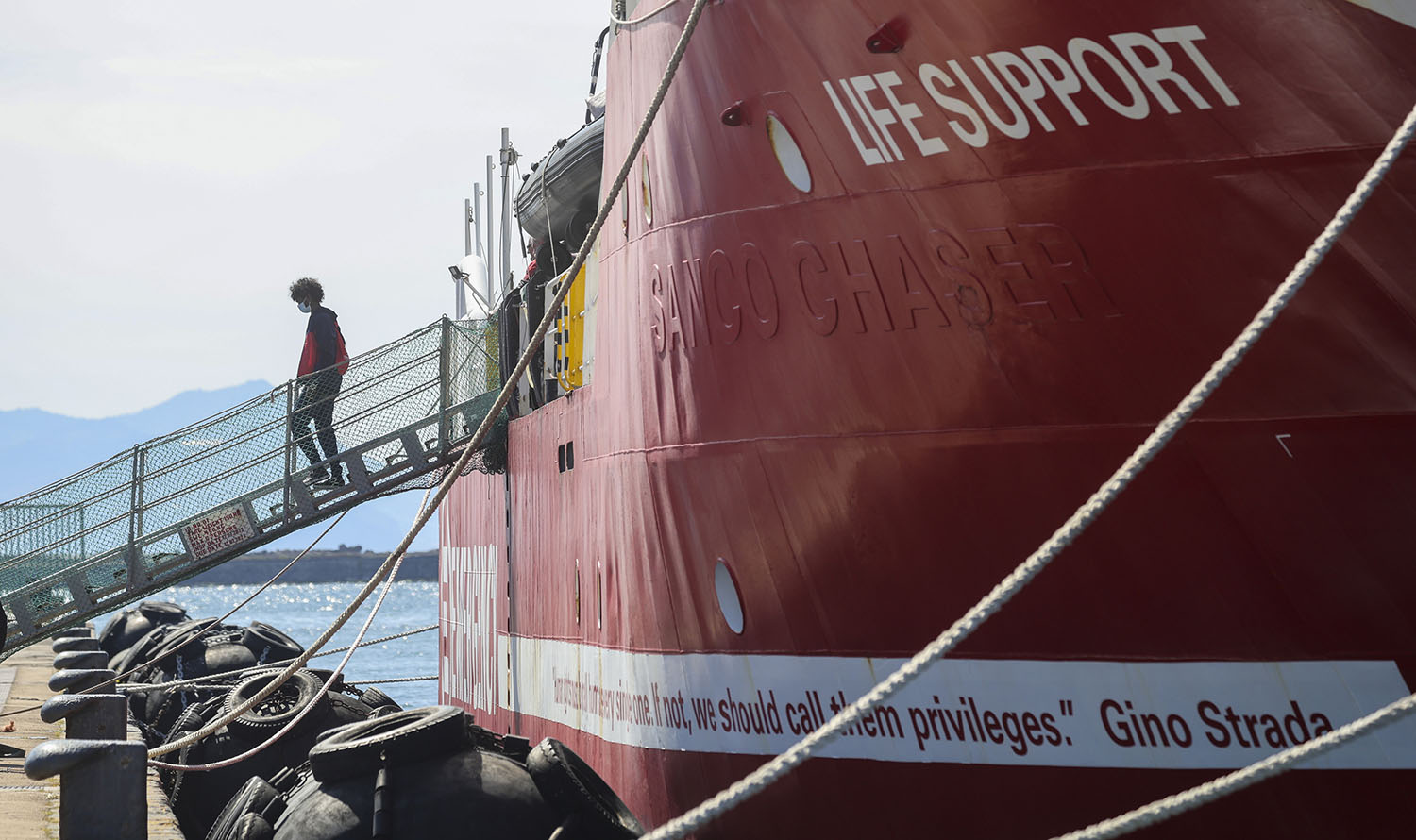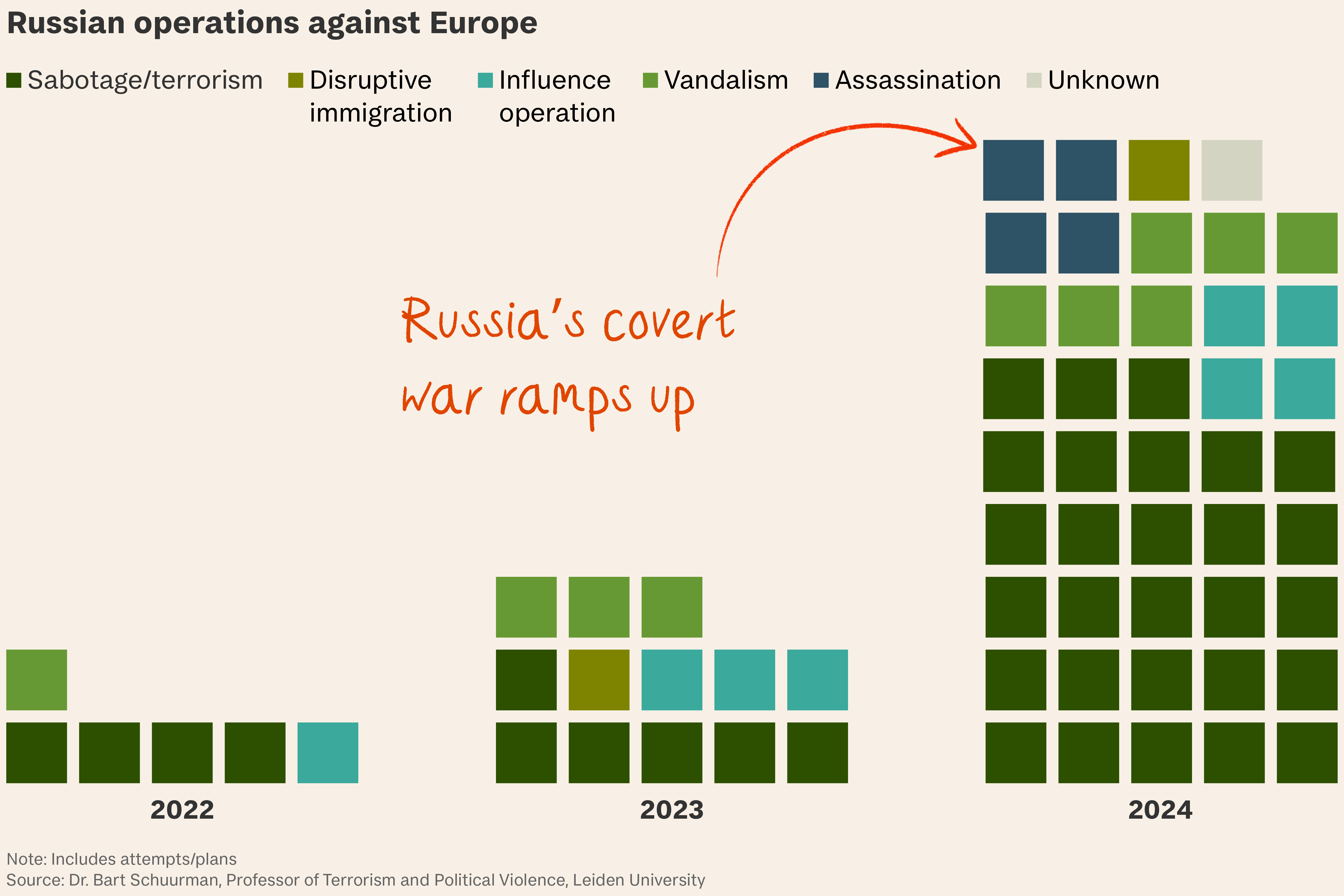
Europe’s leaders are equal parts worried and envious at the prospect of a booming US economy under an isolationist president.
Stéphane Séjourné, vice president of the European Commission, has called for a “Europe First” strategy for key business sectors, warning that if European markets remain open while others close it could lead to a “short-term economic crisis”.
So what? The Trumpian language is a giveaway. Europe’s leaders are equal parts worried and envious at the prospect of a booming US economy under an isolationist president. They’re hurriedly asking
- is it possible to replicate the US’s market-driven success; and
- do it without ditching Europe’s cherished social safeguards?
During a speech last month, Christine Lagarde, President of the ECB, said the bloc faces “difficult choices between adjusting our social model, delivering on our climate ambitions and playing a leading role in global affairs”. As productivity slumps and sovereign debt bulges, can it juggle all three while spending $500 billion on joint defence?
Under the knife. Europe’s industrial heart is undergoing surgery. Within the last week
- Thyssenkrupp Steel announced plans to axe 11,000 jobs in Germany by the end of the decade;
- Stellantis and Nissan executives stepped down, while 100,000 workers joined strikes against Volkswagen factory closures; and
- Northvolt, the failing Swedish battery maker, announced plans to sell before year-end.
Years of underinvestment are taking a toll. Ideally, Europe would copy the US’s ability to fund companies with equity finance provided by individuals and institutional investors – instead of relying on loans from its fractured banking system. The ECB estimates that if EU households put as much into equities and bonds as US counterparts, it would free up €350 billion a year to invest.
Plumbing problems. The idea of a single market for capital across Europe has been bogged down for a decade. But recently big names, including Lagarde, her predecessor Mario Draghi and former French central bank governor Christian Noyer, have pushed hard for reform. Potential fixes include:
- An SEC for Europe. Shifting market supervision duties from the EU’s 27 national authorities to one overall watchdog like the US’s Securities and Exchange Commission.
- Harmonise rules for investment and insolvency so providing capital across borders is no harder than within a single country, and retail investors find it simple.
- Create an “EU Inc”. 13,000 tech founders have signed a letter to the EC urging it to standardise the company structure for startups across the bloc. Draghi’s report on competitiveness found that, if you strip out the tech sector, EU productivity growth over the past 20 years would be “broadly at par with the US”.
Negotiate or retaliate? Europe’s other pressing concern is how it should respond to Trump’s tariffs threats. Lagarde is in favour of negotiation, and has recommended a “cheque-book strategy” whereby the EU offers to buy certain products from the US. The EC is reportedly scoping out purchases of agricultural products, LNG and weapons to appease Trump.
On the other hand Séjourné, who became head of the bloc’s industrial policy on 1 December and is a close ally of Emmanuel Macron, says Europe must act on the “offensive” to ensure it doesn’t become a “destination for overcapacities”.
Decisions loom: the EU is scheduled to reimpose tariffs on €4.8 billion of US imports from March 2025, including 50 per cent on bourbon whiskey, Harley-Davidson motorcycles and motor boats. A tit-for-tat on steel is also on the cards.
What’s more… From the start of 2026 it will start levying its own tariffs on imports according to how much carbon they emit. While US products aren’t as dirty as China’s, there’s still a risk that carbon prices at the EU border could further inflame trade tensions with Trump. A united front will be crucial if “Europe First” is to stand a chance.











